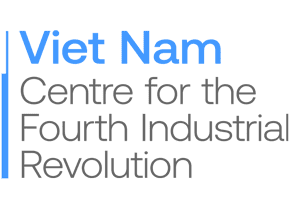Israel possesses a wealth of relevant practical experience. For instance, industrial transformation in agriculture requires optimizing multiple processes such as irrigation, greenhouse temperature control, fertilization procedures, and water management. Israel also has significant experience in managing electric transportation and the deployment of public charging stations.
“Due to Israel's land scarcity, we often must maintain multifunctional land use. This is why Israel has developed many unique solutions for energy production, especially in renewable energy,” Mr. Yoni Sappir noted.
IEG has submitted an in-depth document to HCMC featuring 13 recommendations, covering key pillars such as net-zero emissions, circular economy, and green finance. For each recommendation, IEG provided a case study from other nations, including Spain, Australia, China, and Italy.
HCMC should prioritize several key proposals: enhancing emission reduction efforts, adapting to carbon tax policies, establishing a carbon trading market, accelerating the coal phase-out, investing in renewable energy infrastructure, establishing a sustainability fund, and supporting food-tech and agritech. The focus on food-tech and agritech is crucial, as they accounted for approximately 23% of Vietnam's GDP in 2021.
According to the IEG representative, Vietnam should promote green steel production, following the model implemented in Spain. Additionally, investment in CCS (Carbon Capture and Storage) technology is vital for the cement industry, as this sector accounts for roughly one-third of Vietnam's greenhouse gas emissions. Furthermore, Vietnam needs to restructure its electric vehicle (EV) industry, particularly by expanding the public charging station network.
